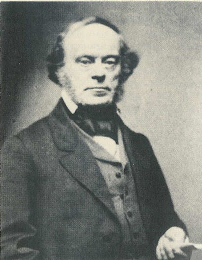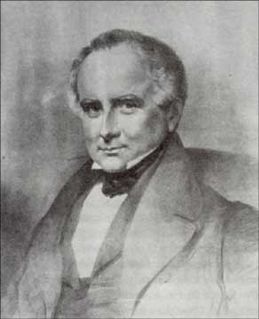A Quote by Miguel de Cervantes
Let every man mind his own business.
Related Quotes
A man is likely to mind his own business when it is worth minding. When it is not, he takes his mind off his own meaningless affairs by minding other people's business.This minding of other people's business expresses itself in gossip, snooping and meddling, and also in feverish interest in communal, national and racial affairs. In running away from ourselves we either fall on our neighbor's shoulder or fly at his throat.
An Athenian citizen does not neglect his state because he takes care of his own household; even those of us who are engaged in business have a very fair idea of politics. We do not regard a man who takes no interest in public affairs as harmless. We do not say that such a man 'minds his own business'. Rather we say he has no business here at all.
The story man must see clearly in his own mind how every piece of business will be put over. He should feel every expression, every reaction. He get far enough from his story to take a second look at it... to see whether there is any dead phase... to see whether the personalities are going to be interesting and appealing to the audience. He should also try to see that the things that his characters are doing are of an interesting nature.
Where no man thinks himself under any obligation to submit to another, and, instead of co-operating in one great scheme, every one hastens through by-paths to private profit, no great change can suddenly be made; nor is superior knowledge of much effect, where every man resolves to use his own eyes and his own judgment, and every one applauds his own dexterity and diligence, in proportion as he becomes rich sooner than his neighbour.





































